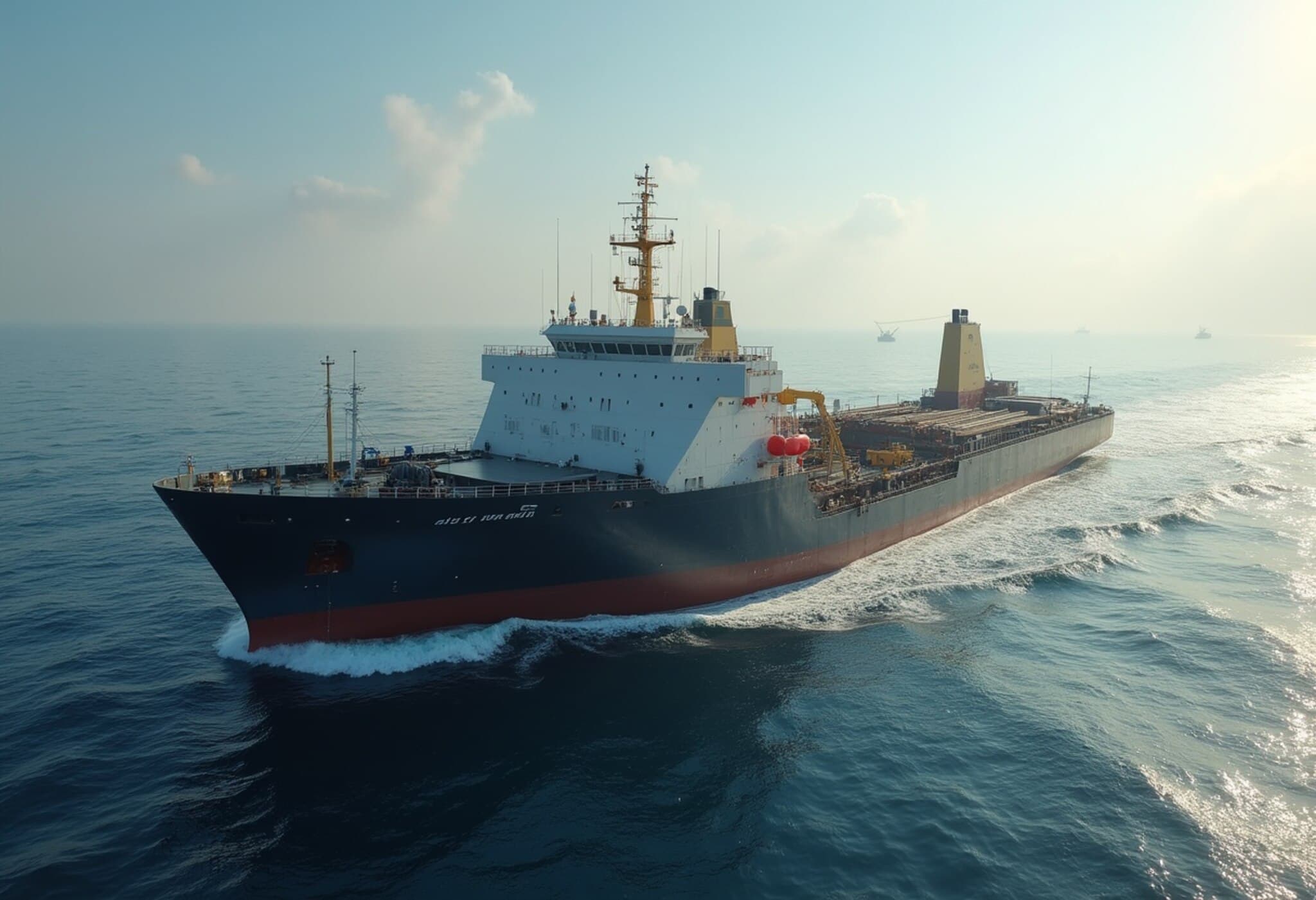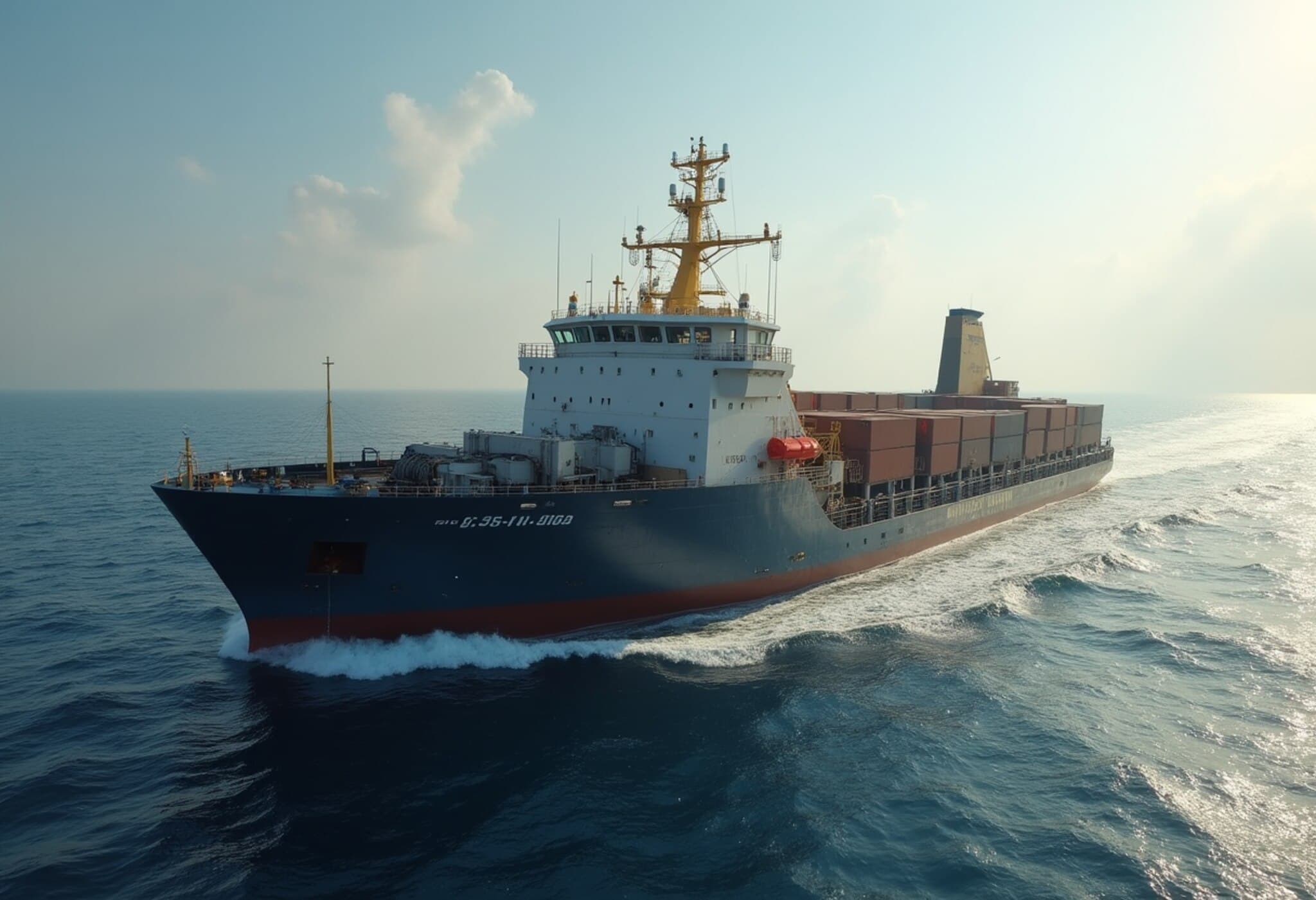Houthi Rebels Escalate Maritime Attacks in Red Sea
In a troubling development for global maritime security, Yemen’s Houthi rebel forces have claimed responsibility for sinking two cargo ships in the vital Red Sea shipping corridor this week. The group released footage showing missiles and drones striking the vessels, underscoring the intensification of hostilities in this critical international trade artery.
Strategic Importance of the Red Sea Route
The Red Sea is a pivotal passageway connecting the Mediterranean Sea via the Suez Canal to the Indian Ocean, facilitating nearly 10% of global trade by volume. Disruption in this maritime highway can have cascading economic consequences, affecting oil shipments, commodities, and goods traveling between Europe, Asia, and Africa.
Details of the Attacks and Weapons Used
The Houthi rebels have utilized a combination of ballistic missiles and unmanned aerial vehicles (drones) to target the ships, demonstrating an evolving capability in maritime asymmetric warfare. Expert analysts point out that such tactics signal not only access to sophisticated weaponry but also an intent to challenge international shipping freedom, threatening regional stability and economic security.
Broader Regional and International Implications
- Risks to Global Supply Chains: The attacks complicate maritime insurance and shipping costs, potentially leading to rerouting and delays.
- Escalation of the Yemeni Conflict: This move can be interpreted as an attempt by the Houthis to exert greater leverage in ongoing peace negotiations and regional power struggles.
- Heightened Security Measures: Nations dependent on Red Sea trade may increase naval patrols or seek international coalitions to secure the maritime corridor.
- US and Allied Interests: Given the US Navy’s presence near the area to protect international water lanes, these attacks could prompt further military and diplomatic responses.
The Human and Economic Toll
While the immediate focus lies on the shipping losses and strategic ramifications, these attacks reverberate deeply for Yemen and neighboring states. The ongoing conflict has already devastated civilian infrastructure; disruptions to maritime trade exacerbate economic hardships, affecting food imports and humanitarian aid deliveries into war-torn Yemen.
Expert Commentary: Understanding the Stakes
Dr. Lena Farouk, a Middle East security analyst, emphasizes the dangers posed by these assaults: “The Houthis are signaling their capacity to disrupt one of the world’s most crucial maritime choke points. It's not just about sinking ships—it's about shaking the stability of regional economies and international trade.”
U.S. maritime security expert Captain John Miller adds, “This type of hybrid warfare using drones and missiles presents fresh challenges for securing maritime routes. It calls for innovative defense tactics and cooperative multinational efforts.”
What Lies Ahead?
As the conflict in Yemen drags on without a clear resolution, these maritime attacks raise pressing questions:
- How will global powers balance diplomatic efforts with military responses to protect international shipping lanes?
- Can peace talks address the Houthis’ strategic use of maritime disruption as leverage?
- What role will regional states such as Saudi Arabia and Egypt play in securing the Red Sea corridor?
The recent strikes serve as a stark reminder that the Yemen conflict extends beyond land borders, reaching deep into global commerce and security considerations.
Editor’s Note
The Houthis’ successful attacks against two cargo vessels in the Red Sea underscore an alarming trend of maritime insecurity with far-reaching economic and geopolitical consequences. Beyond the immediate loss, these events spotlight the vulnerability of global trade routes amid protracted conflicts. Observers should watch closely how international stakeholders respond to this emerging threat to secure the flow of goods vital to global economies and humanitarian needs.













